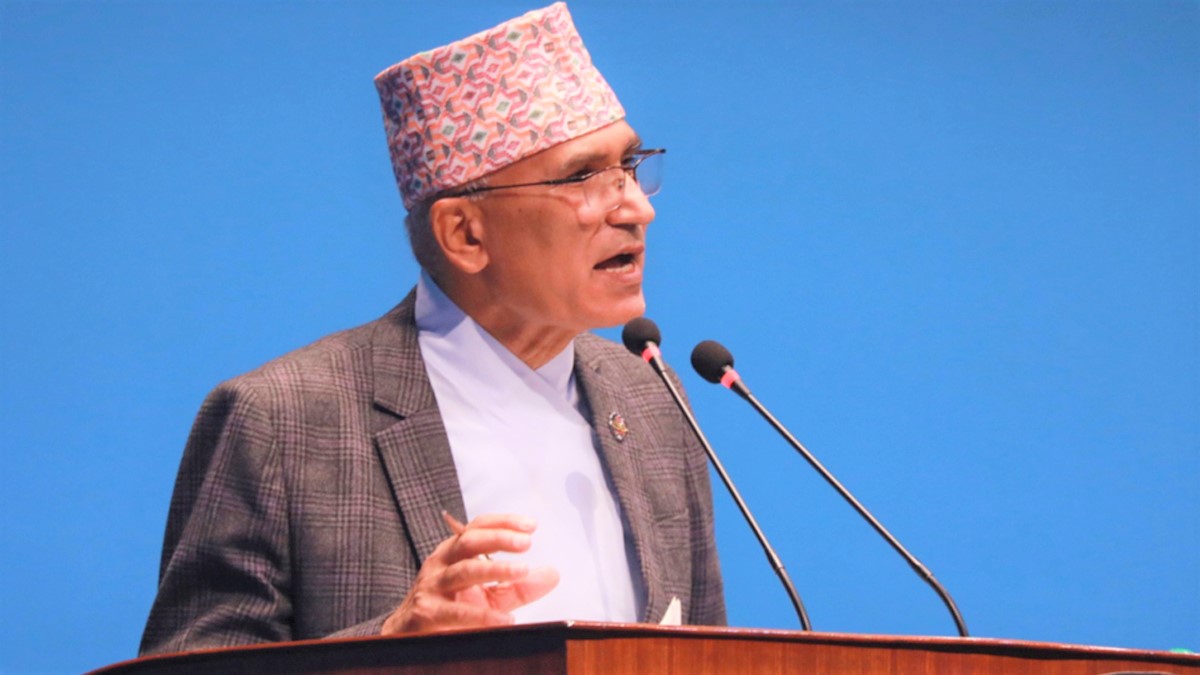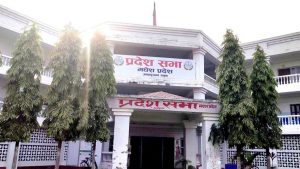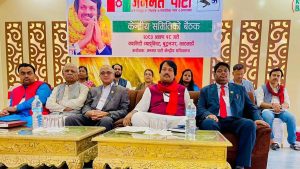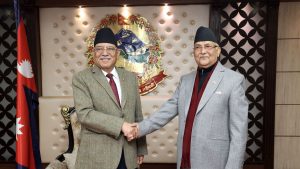
What’s Hampering the House’s Functionality? Bishnu Paudel Asks

Vice Chairman of CPN-UML Bishnu Paudel has strongly criticized the government for obstructing the efficiency of the Parliament. During today’s session of the House of Representatives (HoR), Paudel expressed his disappointment with the current session’s progress, laying the blame squarely on the government’s inefficiency.
Paudel raised concerns about the government’s role as a significant impediment to the House’s effective functioning and lamented the lackluster performance of the current session, attributing it to the government’s shortcomings.
He questioned, “Why and because of whom has the House been unable to function effectively?” Paudel also took the opportunity to criticize the coalition government, highlighting its apparent failures across various sectors.
Furthermore, Paudel emphasized that the primary responsibility for the House’s inefficiency rests with the government, contradicting the popular belief that parliamentarians and the assembly are to blame. He alleged that the government’s attitude and activities were the main hindrances to the House’s effectiveness.
Paudel stressed the importance of the opposition’s voice, stating, “The Parliament is believed to represent the opposition’s perspective worldwide. When the opposition speaks, the ruling party should lend an attentive ear.” He went on to say, “Unfortunately, our legitimate demands often go unheard, forcing us to raise our voices and resort to more assertive measures.”
Paudel concluded by asserting that the situation of obstruction in the House can only be resolved by acknowledging the validity of the opposition’s stance, underlining the need for a more cooperative and effective parliamentary environment.
- Over 1,000 Fire Incidents Reported in Five Months; 16 Lives Lost
- Earthquake Safety Day: A Call for Stronger Preparedness and Resilience
- Government Ordinance Driven by Necessity, Not Intention: Minister Prithvi Subba Gurung
- Dr. Shekhar Koirala Highlights Nepal-Britain Relations and Future Aspirations at British Parliament












Comments